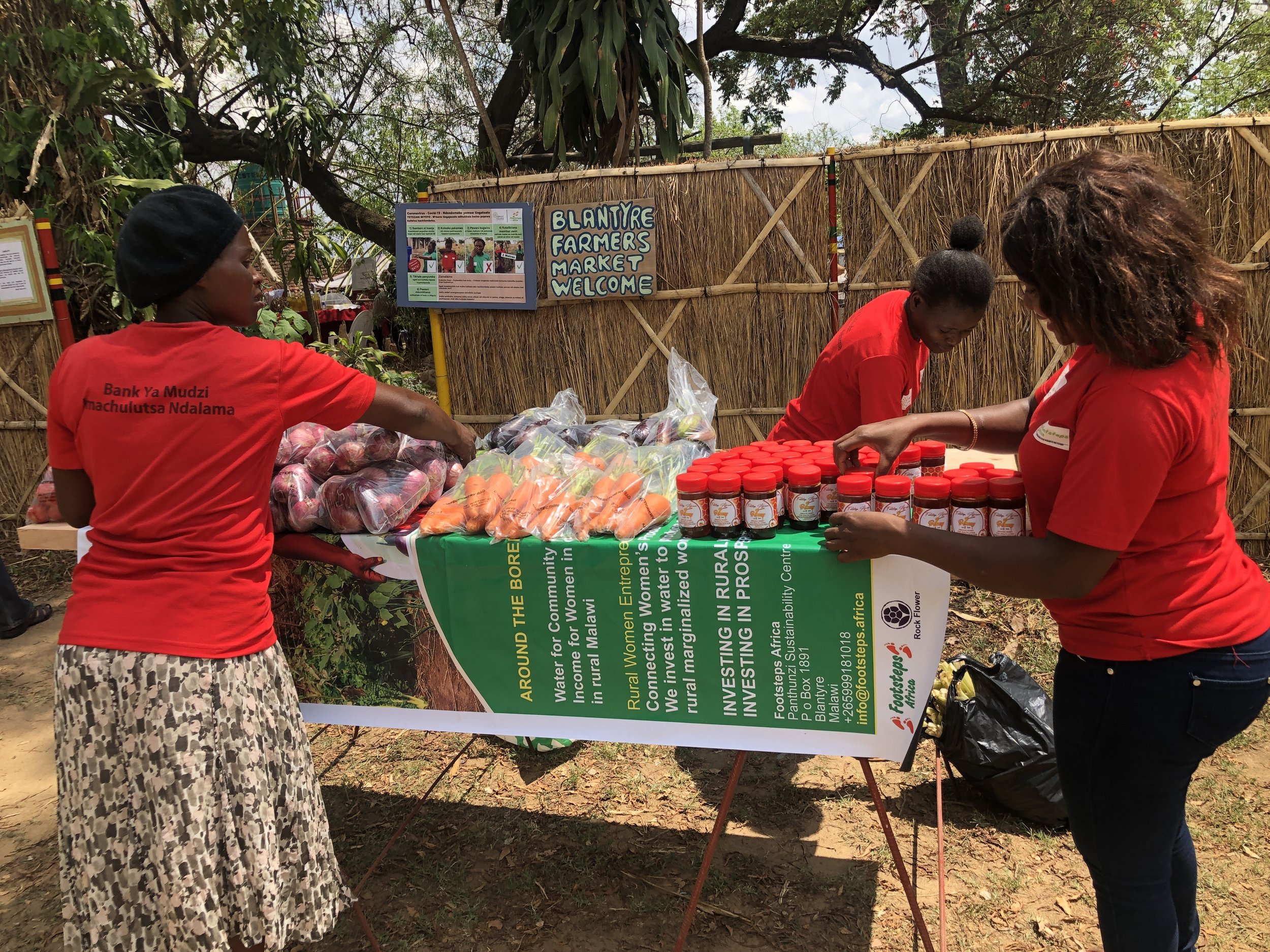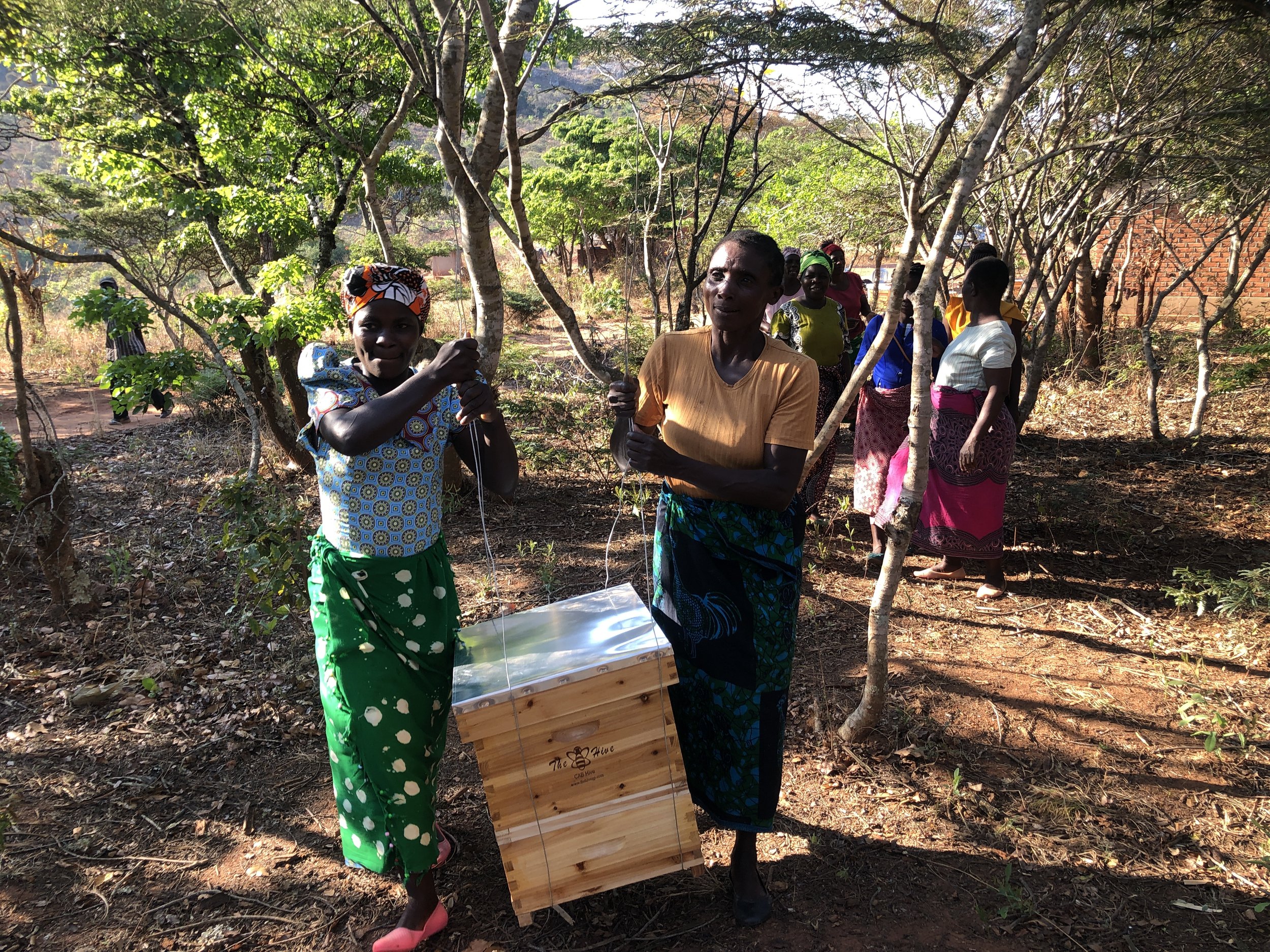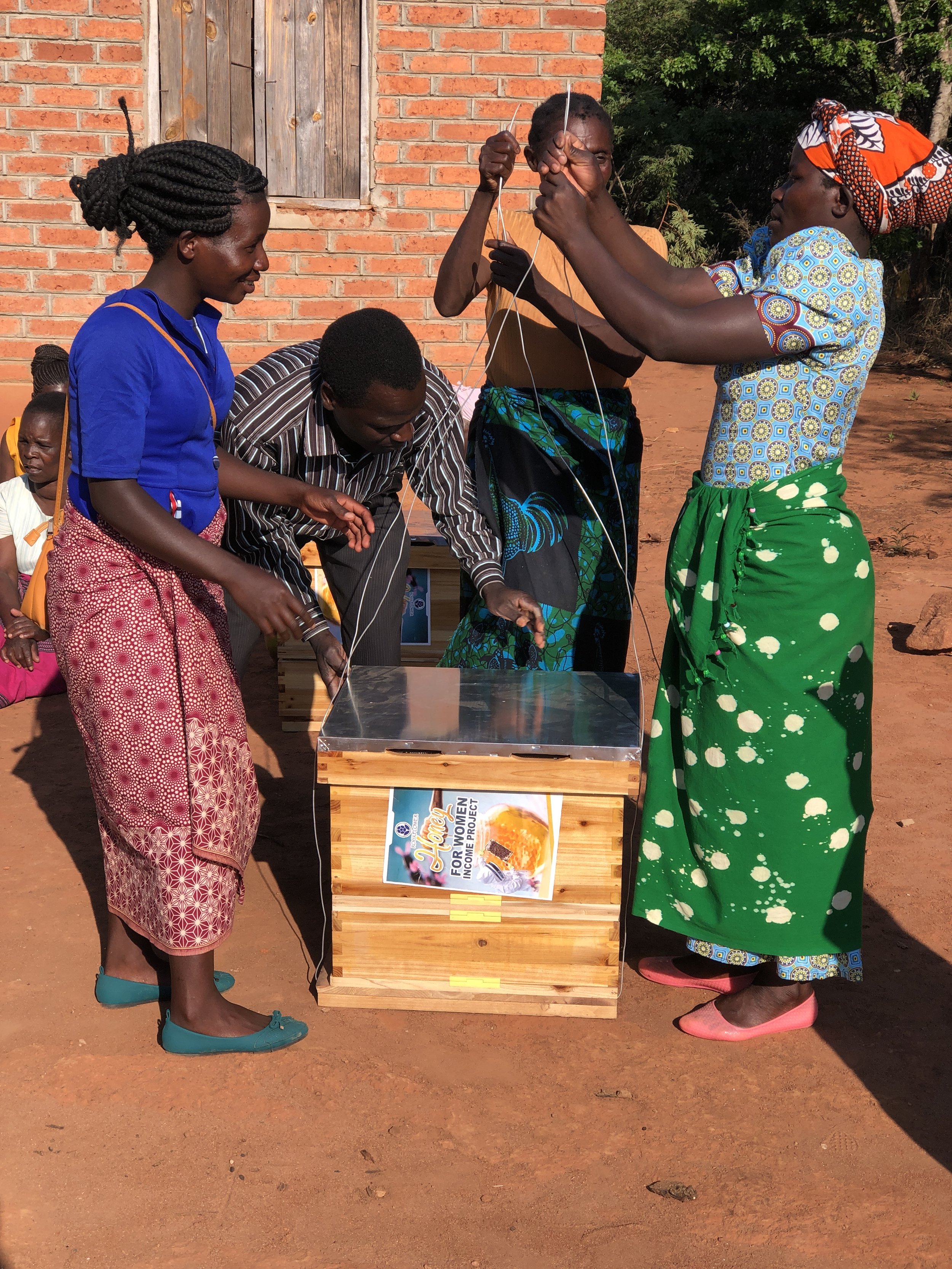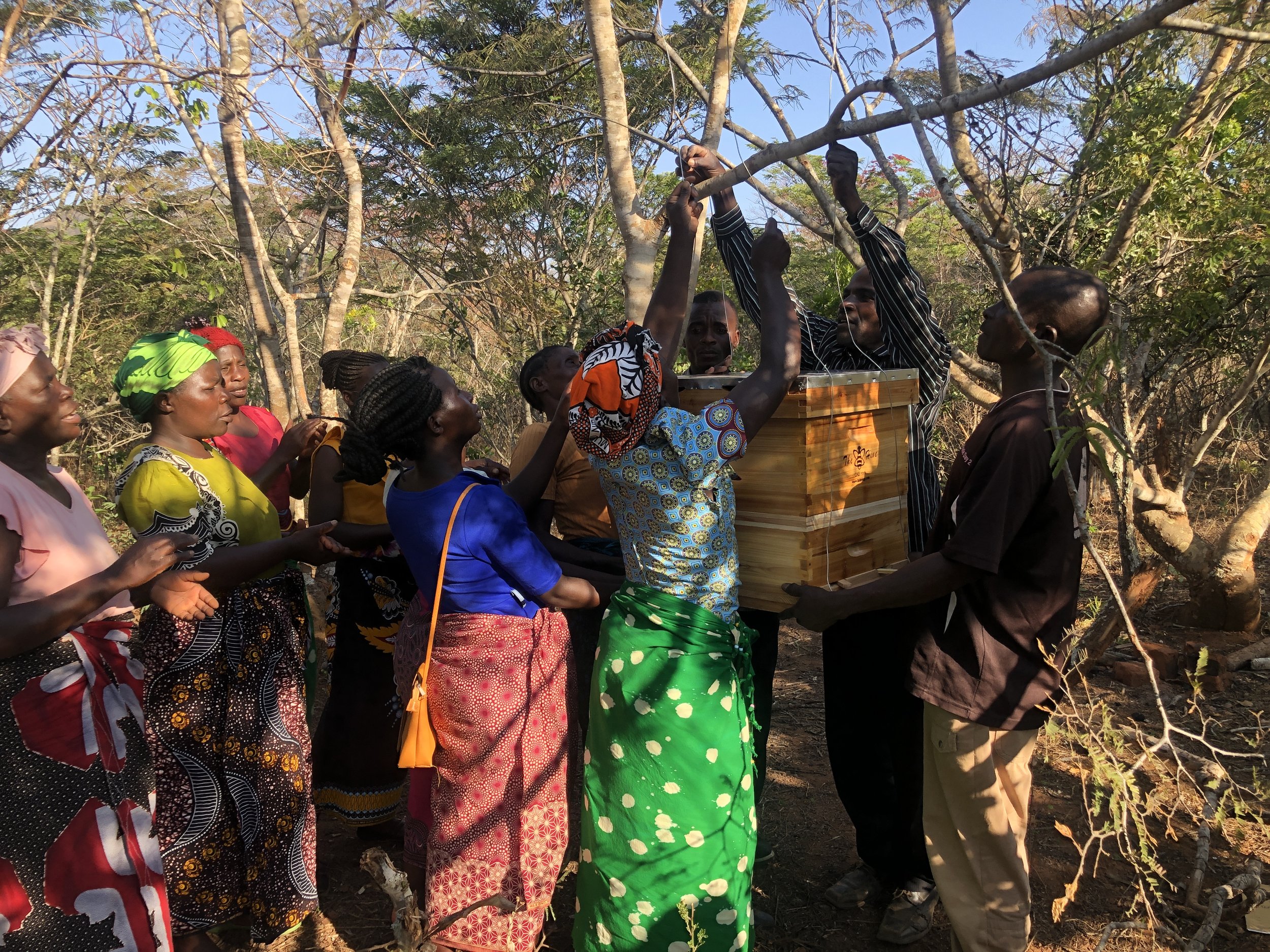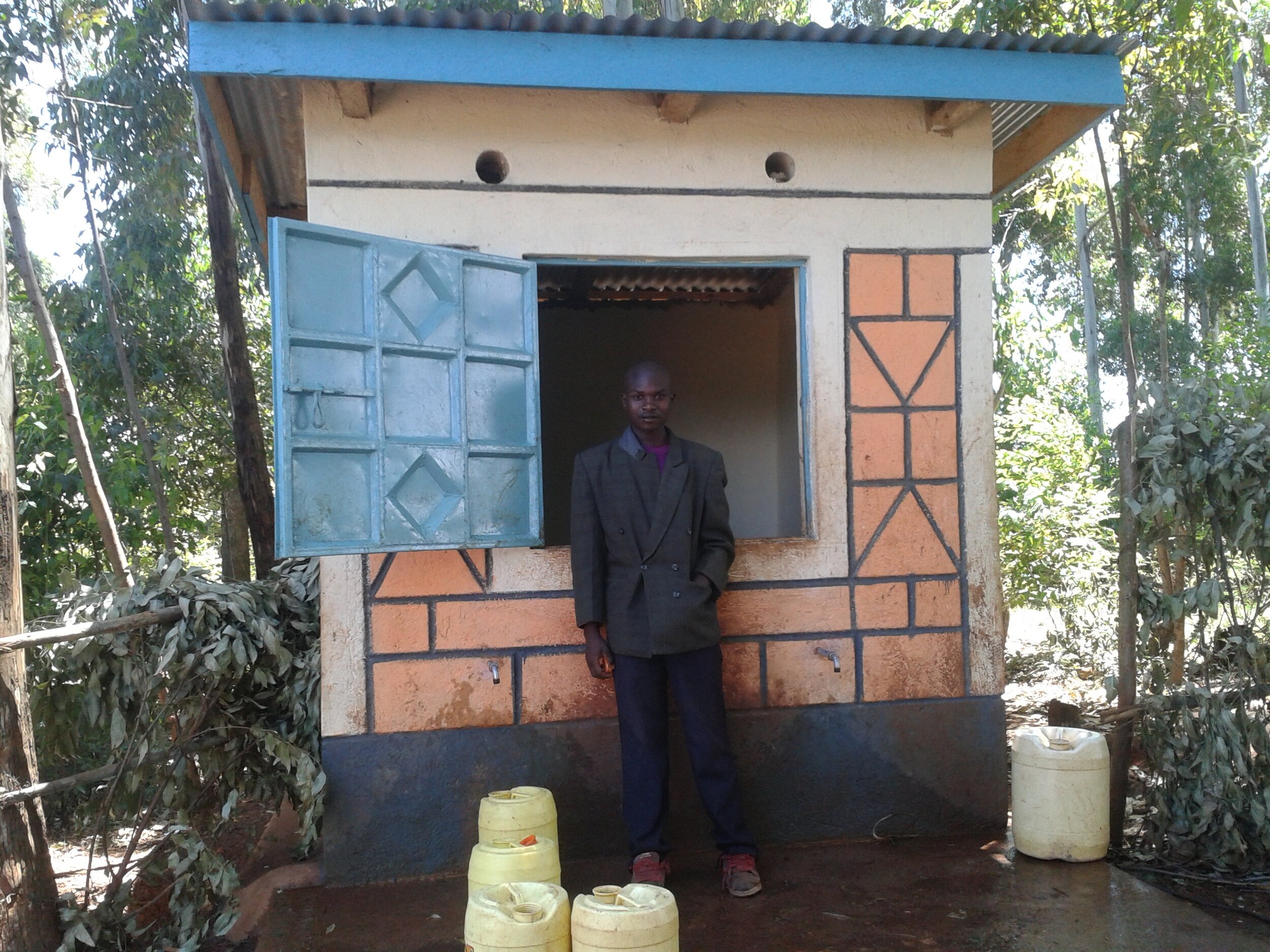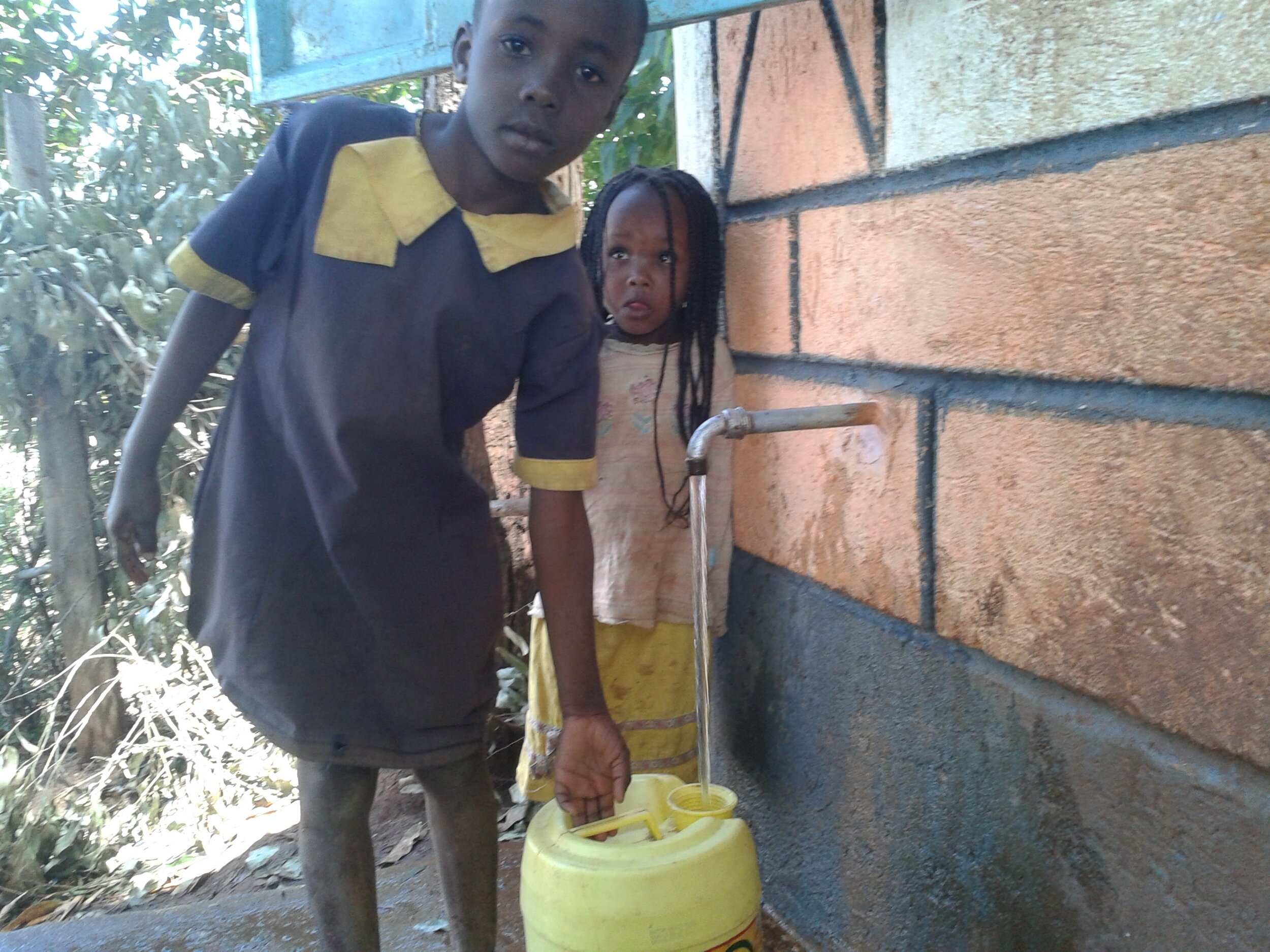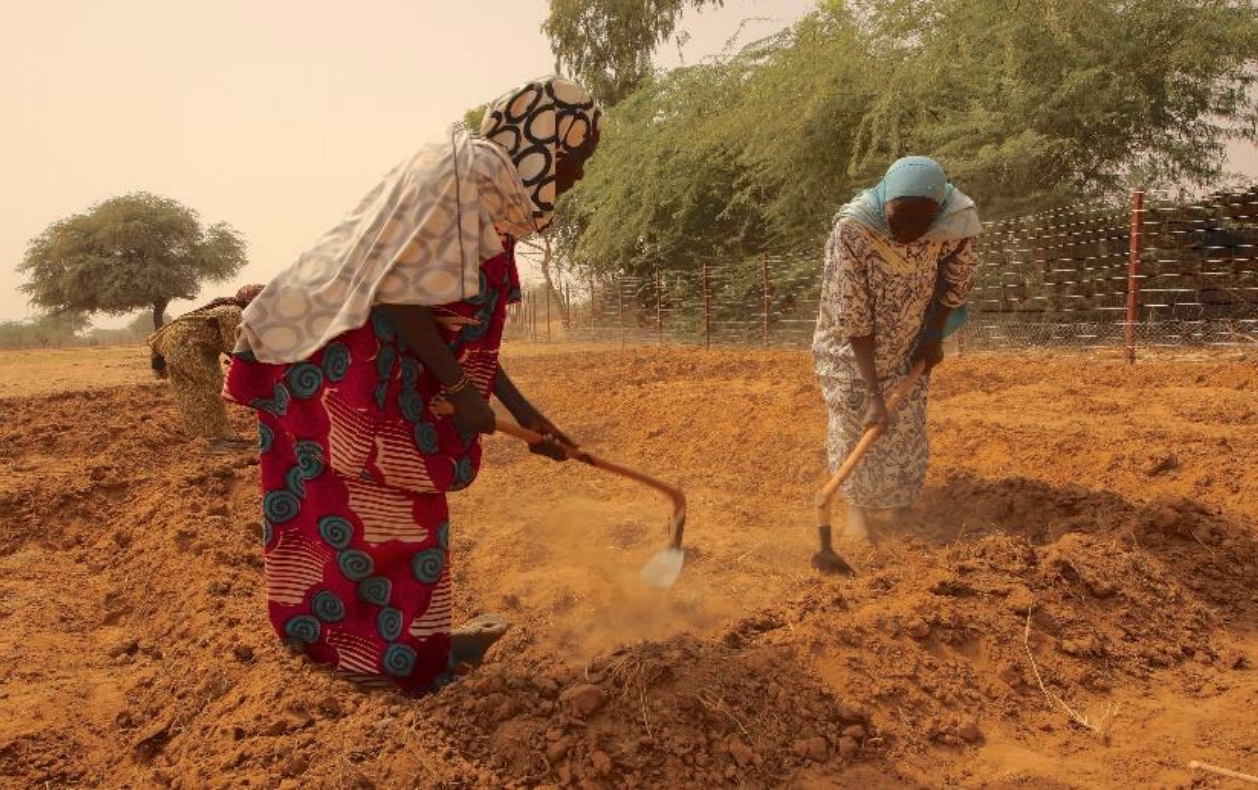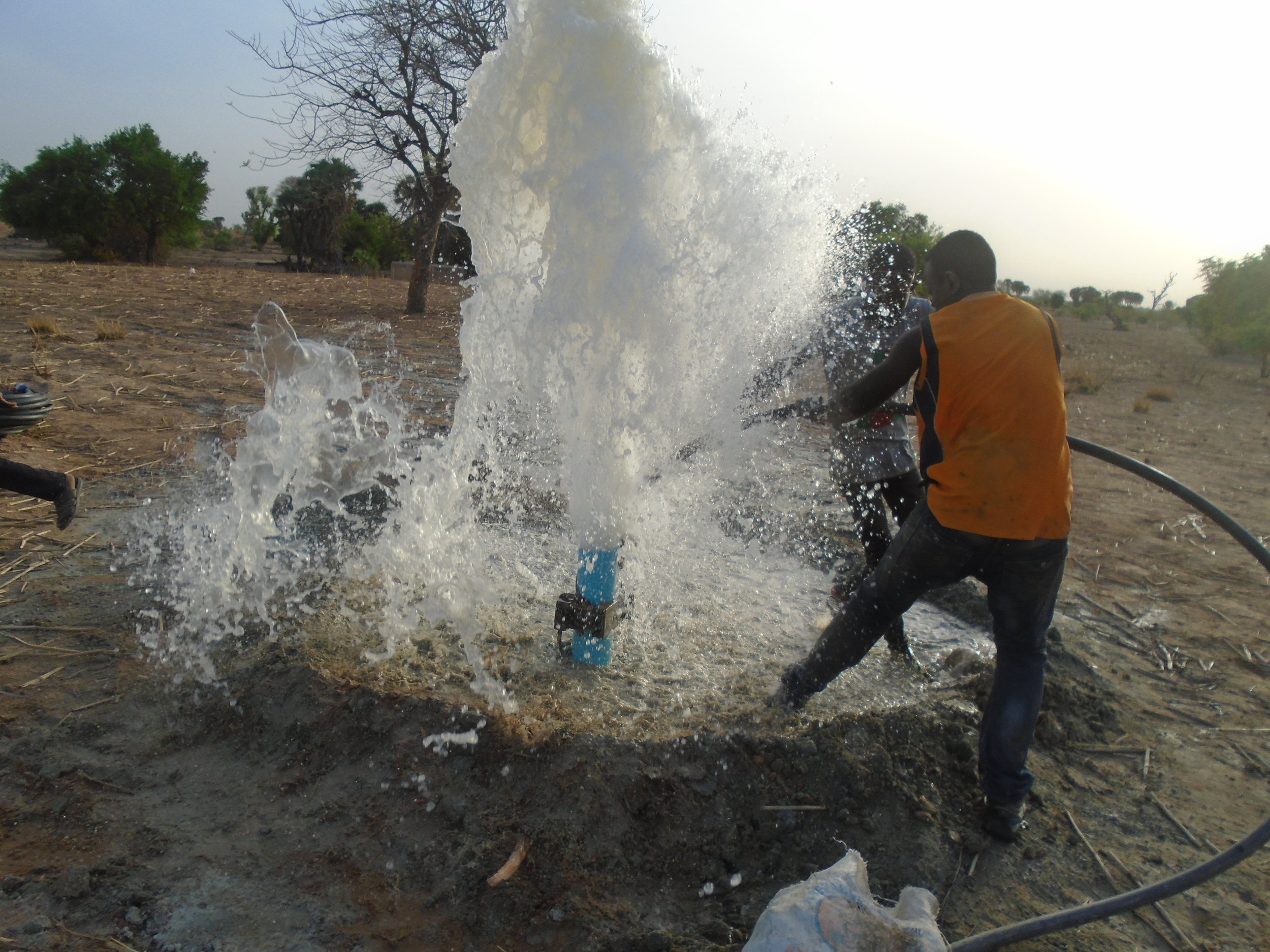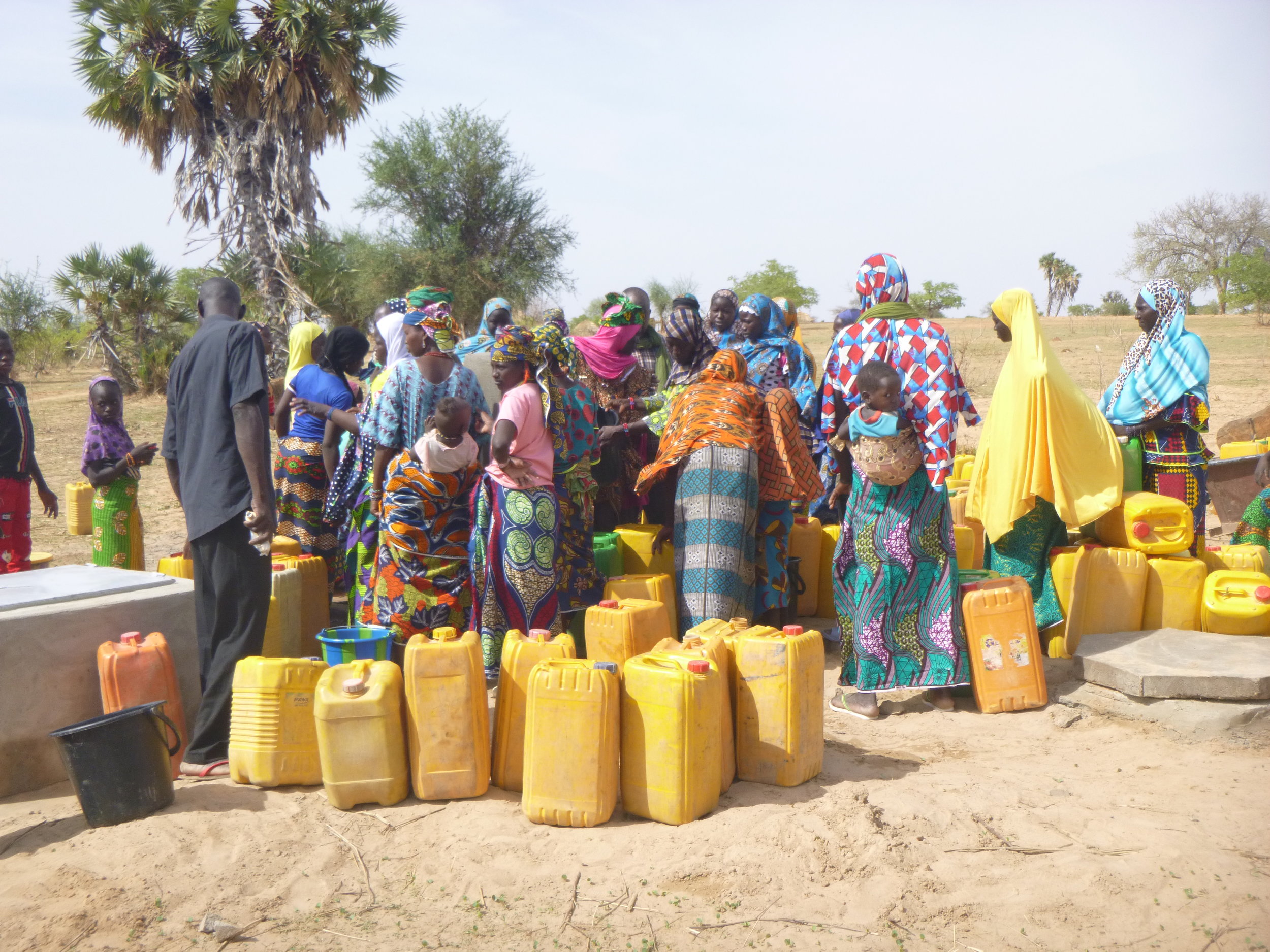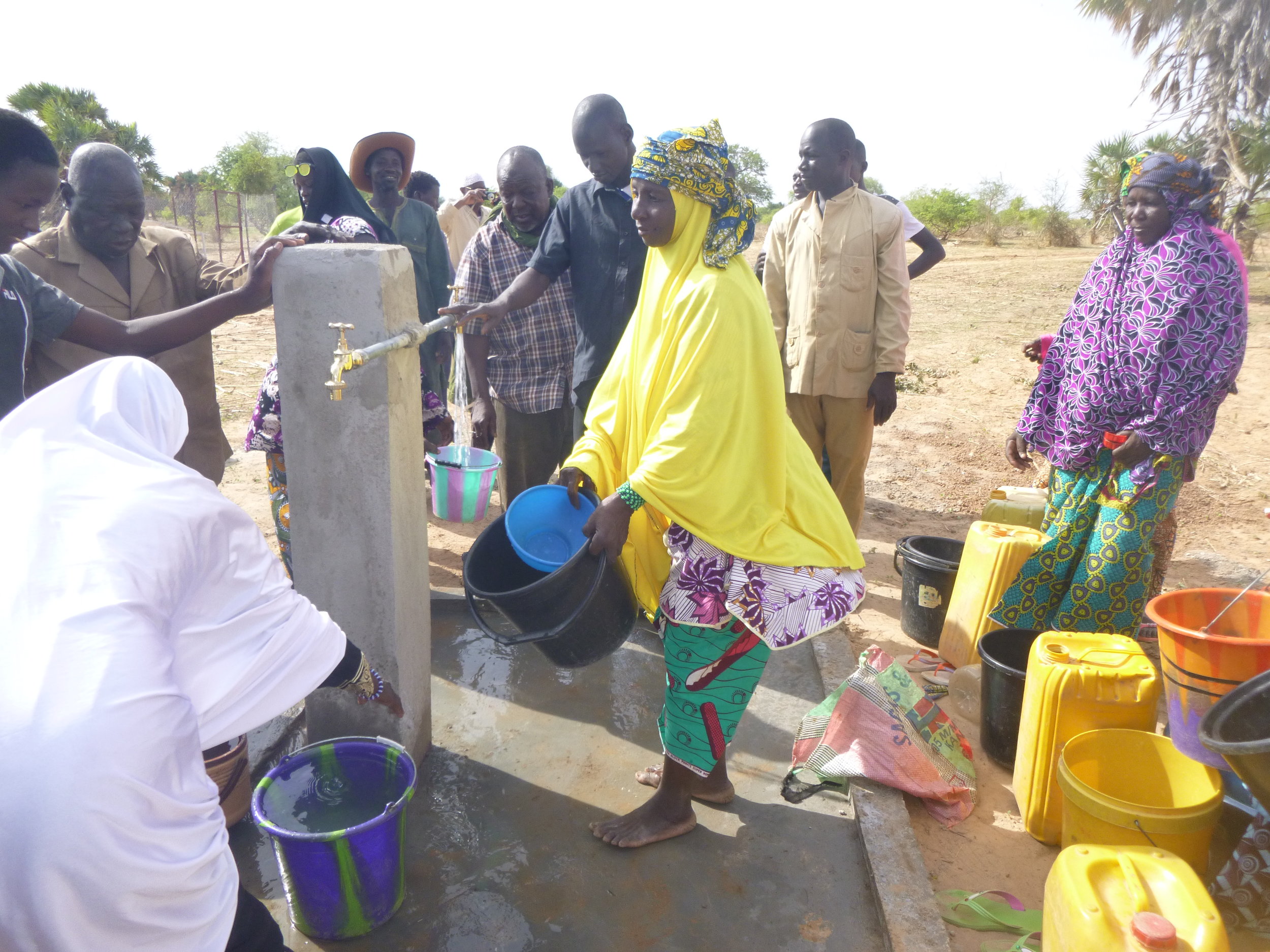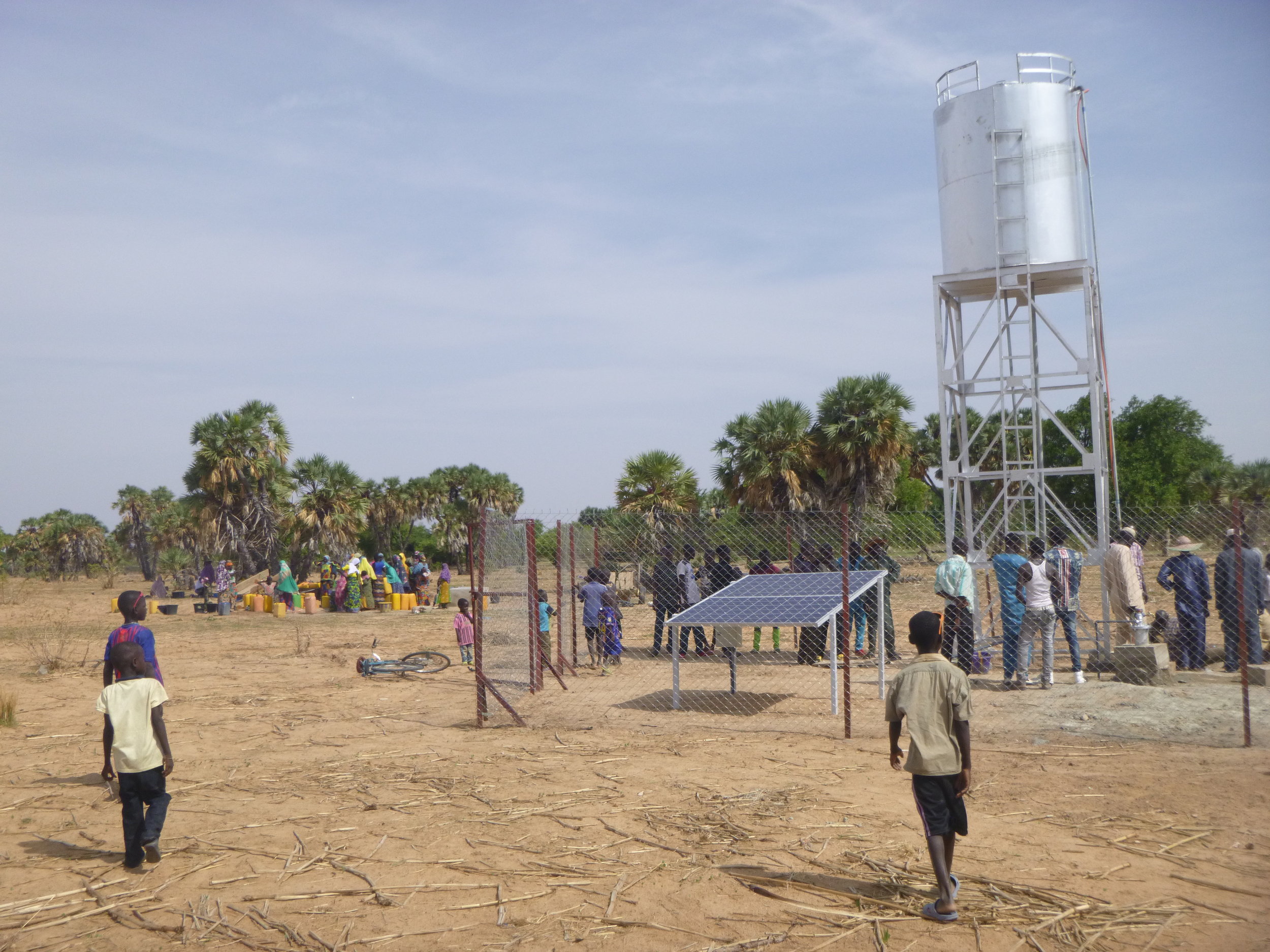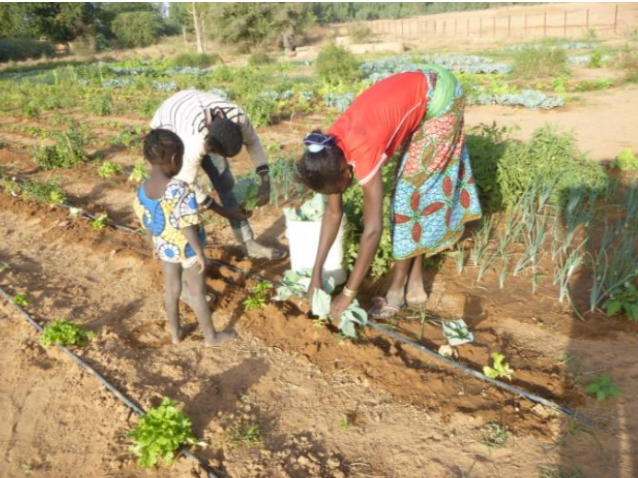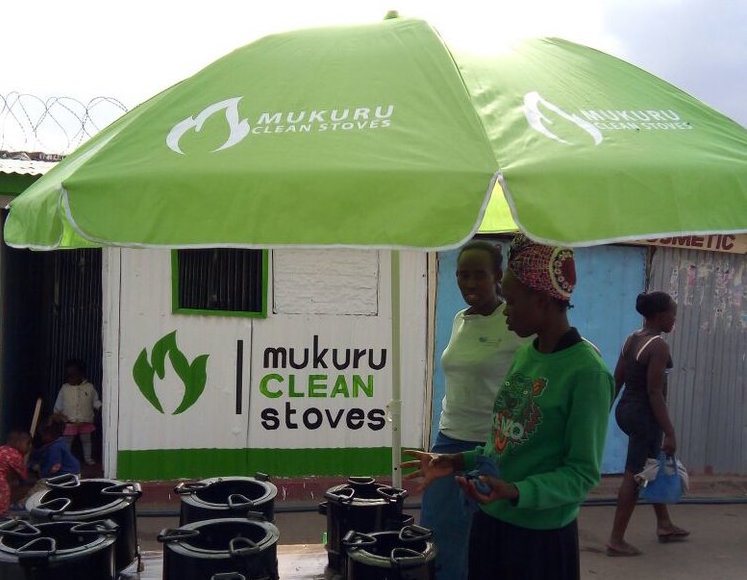In May of 2018, Footsteps Africa wanted to find a way to help increase the productivity of rural poor women on the outskirts of Blantrye. Women like Mary were travelling over 145kms to sell the bottles of honey to honey processors and formal retailers in the Blantyre city region. However, the honey failed to even pass the minimum quality needed by the companies.
There were many reasons for this:
Lack of modern honey production and processing skills existed among rural poor women to produce quality honey demanded by formal honey buyers and exporters
Lack of modern bee hives to produce high yields quality honey
Lack of proper honey extraction machines and soft knowledge on extracting honey for high-end markets
Knowledge and skills gaps in proper storage, packaging and branding
Knowledge gaps in business management and recording, financial literacy, access to saving and credit
Lack of improved personal hygiene and lack of access to affordable clean water solutions needed in honey processing.
The story of Mary’s efforts reflects the economic struggles that women’s traditional bee keepers face in Malawi due to low-quality honey that prevent them from accessing viable markets that could generate good income for their productive efforts. Additionally, apart from honey, women beekeepers in Malawi rarely develop trade in other by-products of bee farming such as bee-wax that could double their earning potentials.
Twisi and his team at Footsteps Africa were determined to find a way to connect all of these missing gaps in the chain.
In the beginning the plan was to integrate this project into our water, food and income project activities in Chikhwawa district. However, after further assessment they realized that the agroecological factors in Chikhwawa were not supportive of a successful and sustainable bee farming project.
They reluctantly moved the project to within Blantyre rural district as a stand alone project. This went against their overall programming approach which integrates different projects to maximize impact and project management. Unfortunately an enormous forest fire gutted the hives into unrecognizable ashes.
Fortunately, Footsteps Africa had taken out hive insurance from the supplier and they were eligible to receive compensation and replaceable Hives within three months. However, due to COVID-19, the supplier of the HIVEs was unable to import and it took them almost a year to have a consignment successfully imported into Malawi from Kenya.
By the time they had the delivery of the second HIVEs, they were unsure of next steps. They wanted to get it right the second time. They waited patiently to find a suitable site to implement a sustainable Bee farming project that would also benefit marginal women farmers who would like to do bee farming as a business. After surveying several places, they initially settled for Nkhata-bay district in Northern Malawi. But they later changed to Mzimba district along Lunjika hills in northern Malawi because they have a plan to implement irrigation farming and renewable energy projects in the same area.
In this way, the bee farming will be integrated into the holistic structure of all Footsteps Africa projects and allow them to successfully provide support to all our projects with the limited staff and resources they have available.
This is a real testament to the tenacity and determination of Twisi and his team and that he followed through on the project precisely because they were given the opportunity and flexibility to reach their goals.


